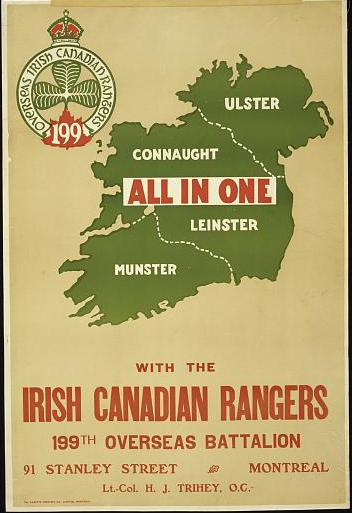Here's one:
1894 In the reverse of the usual story, Colorado's Governor Davis H. Waite orders the Colorado state militia to protect and support tminers engaged in a strike at Cripple Creek. Mine owners had already formed private army.I don't know that Wyoming's National Guard was every used in strike breaking, but Colorado's was somewhat infamously used in that fashion at Ludlow prior to World War One. Here, however, the reverse is true. Interesting example of the Guard being called out to assist miners in avoiding violence. Note that this is only slightly after Gov. Barber acted to basically prevent the Guard from being called out to stop violence during the Johnson County invasion, an act that would come back to haunt him.
Another interesting item:
1908 A man from Cody Wyoming was the co-winner of the Evanston Wyoming to Denver horse race, one of the long distance horse races that were common in Wyoming at the time.There was quiet a culture of long distance horse races in Wyoming at the time. This race is typical of them.
A big day in regional agriculture:
1912 President Taft signs the Homestead Act of 1912, which reduces the period to "prove up" from five years to three. This was unknowingly on the eve of a major boom in homesteading, as World War One would create a huge demand for wheat for export, followed by the largest number of homestead filings in American history as would be wheat farmers attempted to gain land for the endeavor. Attribution: On This Day.
Wheat farmer, Billings Montana.
This ear would see a boom in late Wyoming homesteading. Contrary to the popular imagination, it was actually the last three decades of homesteading that saw the greatest number of entrants. A rise in wheat prices due to World War One was a significant factor in this, in that it lead a lot of people to believe that they could get rich in wheat, even if they had no experience in growing it. The Great Depression also lead to a lot of late entrants, even as many homesteaders were failing due to the economy and the horrible weather of the period.
Another war, and agricultural item:
1915 British commissioners began to purchase remounts in Wyoming. The purchase of horses for British service in World War One created a boom in horse ranching which would continue, fueled both by British and American service purchases, throughout the war, but which would be followed by a horse ranching crash after the war.
U.S. Army Remounts, Camp Kearney California, 1917.
And a really big historical item:
1944 Allied forces land in Normandy, in an event remembered as "D-Day", although that term actually refers to the day on which any major operation commences. This is not, of course, a Wyoming event, but at least in my youth I knew more than one Wyoming native who had participated in it. Later, I had a junior high teacher whose first husband had died in it. A law school colleague of mine had a father who was a paratrooper in it. And at least one well known Wyoming political figure, Teno Roncolio, participated in it. From the prospective of the Western Allies, it might be the single most significant single day of the campaign in Europe.
All the photos above are courtesy of the United States Army.


















 Room in the Plains Hotel
Room in the Plains Hotel The Virginian
The Virginian Lobby of the Plains Hotel
Lobby of the Plains Hotel

















